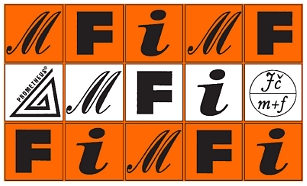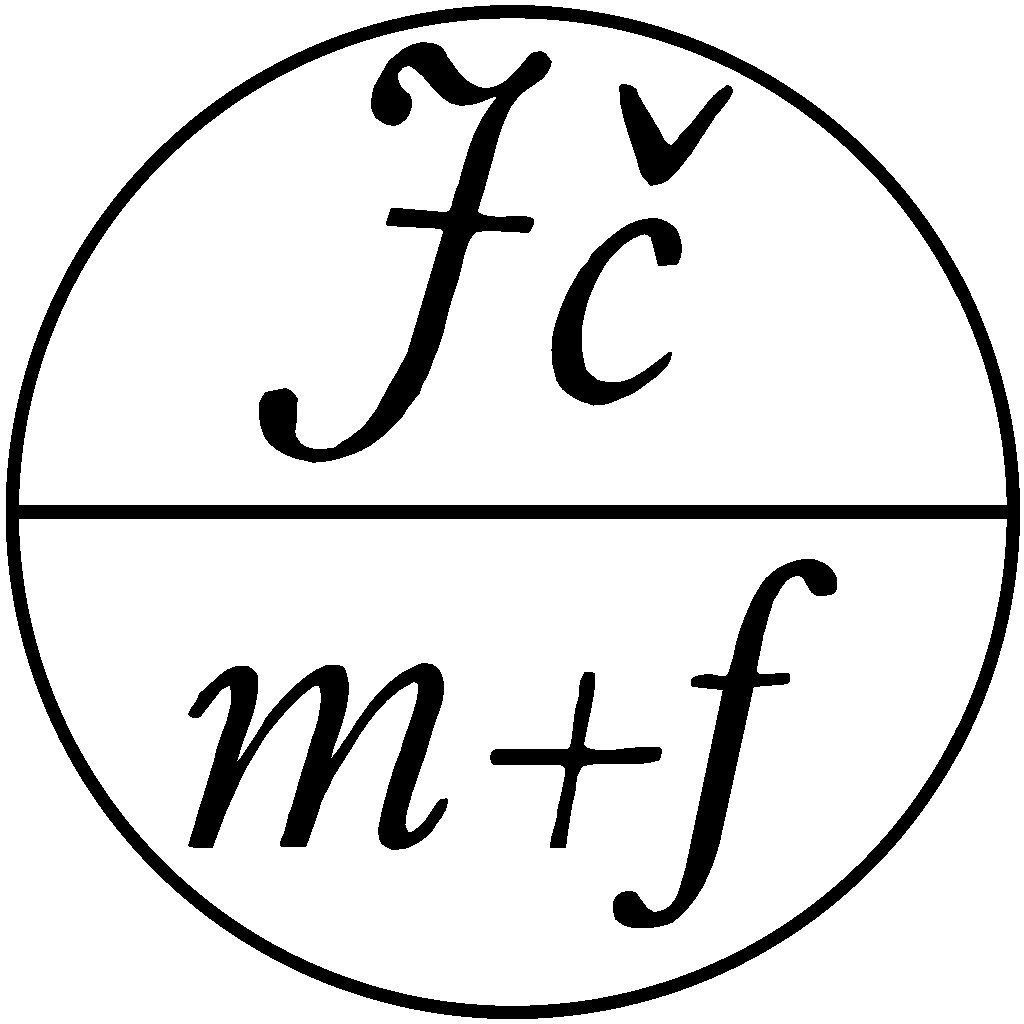Brazilian numbers and prime numbers
Abstract
The article deals with the so-called Brazilian numbers, natural numbers that can be written in a certain positional system using the same digits. An example of a Brazilian number is 2000, which can be written as 5555 in a base-7 system. The main part of the paper is devoted to the formal definition of Brazilian numbers and their properties. Next, proofs of several theorems are given, such as that all even numbers greater than 6 are Brazilian and that all odd numbers greater than 5 are Brazilian except for some prime numbers and squares of prime numbers. The paper also states that the only prime number p for which p^2 is Brazilian is 11. It concludes by addressing questions that still have no answers, such as whether there are infinitely many Brazilian primes.
Downloads
Published
How to Cite
Issue
Section
License
Copyright (c) 2024 MATHEMATICS–PHYSICS–INFORMATICS

This work is licensed under a Creative Commons Attribution 4.0 International License.
Autoři, kteří publikují v tomto časopise, souhlasí s následujícími body:
- Autoři si ponechávají copyright a garantují časopisu právo prvního publikování, přitom je práce zároveň licencována pod Creative Commons Attribution licencí, která umožňuje ostatním sdílet tuto práci s tím, že přiznají jejího autora a první publikování v tomto časopisu.
- Autoři mohou vstupovat do dalších samostatných smluvních dohod pro neexkluzivní šíření práce ve verzi, ve které byla publikována v časopise (například publikovat ji v knize), avšak s tím, že přiznají její první publikování v tomto časopisu.

Obsah časopisu podléhá licenci Creative Commons Uveďte autora 3.0 Česko








